-
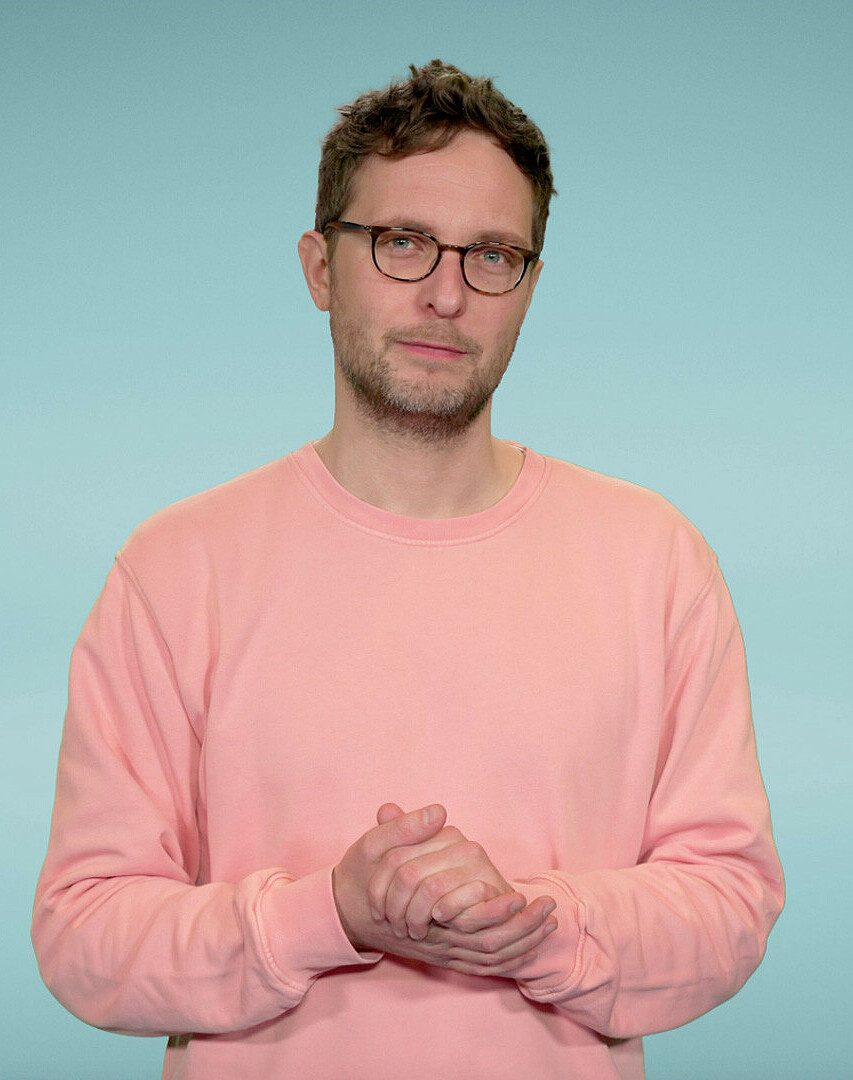
© rbb
06.09.2024Prof. Dr. Sascha Friesike, Weizenbaum Institute / Berlin University of the Arts
How can digitalisation help to create something new? And what role does it play in academic research? Brain City Ambassador Prof. Dr. Sascha Friesike deals with such questions. In addition, the Director of the Berlin Weizenbaum Institute and Head of the study program “Leadership in Digital Innovation” at the Berlin University of the Arts investigates the interface between science and society.
“I believe that the interface between science and society could be exploited even better. It has so much potential,” says Prof. Dr. Sascha Friesike The Brain City Ambassador is actually an industrial engineer and completed his studies at the TU Berlin. But instead of constructing, he was always more interested in the HOW behind things. “I then completed my doctorate in innovation management at the University of St. Gallen. Also to understand better how I should work as an engineer. And as a scientist, I quickly asked myself: How does research actually work? And what is its social function? I’m still racking my brains about that to this day.”
Sascha Friesike has been Director of the Berlin Weizenbaum Institute since 2019. The interdisciplinary network, founded in 2017, includes the Freie Universität Berlin, the Humboldt-Universität zu Berlin, the Technische Universität Berlin, the Berlin University of the Arts and the University of Potsdam as well as the Fraunhofer Institute for Open Communication Systems (FOKUS) and the Berlin Social Science Centre (WZB). “We are an interdisciplinary research institute that deals with the social challenges of digital change,” says Sascha Friesike, who also heads the part-time master’s program “Leadership in Digital Innovation” at the UdK Berlin.
“I have been working on the interface between science and society for some time now,” he explains. “On the one hand, science is becoming increasingly complex and compartmentalised in what it investigates. On the other hand, it does this for society and not for its own sake. I deal with the challenges associated with this. This also includes the question of how science should engage in dialogue with other parts of society. As I said, I have this peculiar characteristic of being interested in the meta-topics of my own work.”
Berlin is a metropolitan area with many universities. There’s a good chance of finding people here who are like-minded and with whom you can get something going.
The meta-level in which Sascha Friesike operates as a researcher is interdisciplinary and transfer-orientated. For example, he produces videos for the YouTube channel “Menschen und Muster” (“People and Patterns”) together with Rundfunk Berlin-Brandenburg (rbb). There he provides social scientific answers to small and large everyday questions: He explains in a clear, entertaining and yet scientifically sound way how fixed thought patterns block ideas and why it is so difficult to learn from one’s own mistakes. Together with the director of the Urania Berlin, Dr. Johanna Sprondel, he has published a popular science book on the subject of “Sluggish transformation. Which errors in thinking are blocking digital change”. “These are not classic research collaborations. But I like to try to bring different perspectives together in my work. And it is always important to me to pass this on to the next generation of researchers. When we look at the challenges of an increasingly digitalised society, we can only tackle many of them if we work closely with social stakeholders and learn to understand each other better.” An example of such cooperation: A PhD student from the Weizenbaum Institute accompanies the rbb project team at work. Friesike: “She is conducting an ethnographic study of how researchers and journalists communicate science together, what works, what doesn’t, and what we can learn from it.”
Sascha Friesike has been rooted in Berlin since he was born. Even though he is repeatedly drawn abroad: He spent one year of his doctoral studies in Stanford, USA. From 2014 to 2016 he held a professorship for business administration at the University of Würzburg. And from 2017 to 2019, he was Assistant Professor of Digital Innovation at the VU in Amsterdam. Today, the Brain City ambassador is still travelling internationally. But he doesn’t just appreciate Berlin because his family and friends live here. “Berlin is a city made up of cities. If you can bring yourself to leave your own neighbourhood, there’s always something to discover here. And that is inspiring! And thanks to the well-developed public transport system, it is quite easy to meet fellow campaigners. Berlin is also a metropolitan area with many universities. There’s a good chance of finding people here who are like-minded and with whom you can get something going.”
Sascha Friesike’s advice to young scientists follows on from this: “Find people you can and want to be with.” In Berlin, a lot of things are set in motion when like-minded people cross paths. “This interest in looking left and right is what drives science. And to orient yourself in many different ways – there is no better place in the German-speaking world to do that than Berlin.” (vdo)
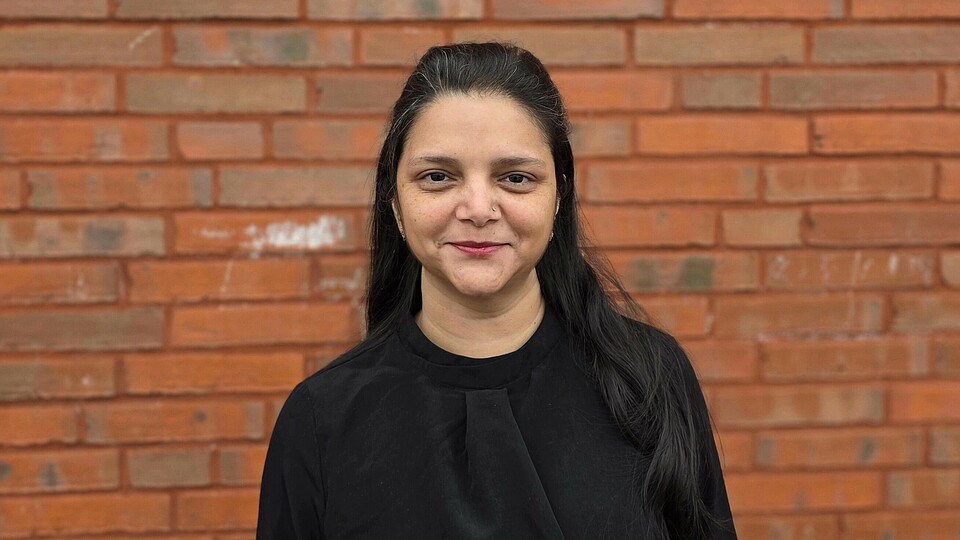
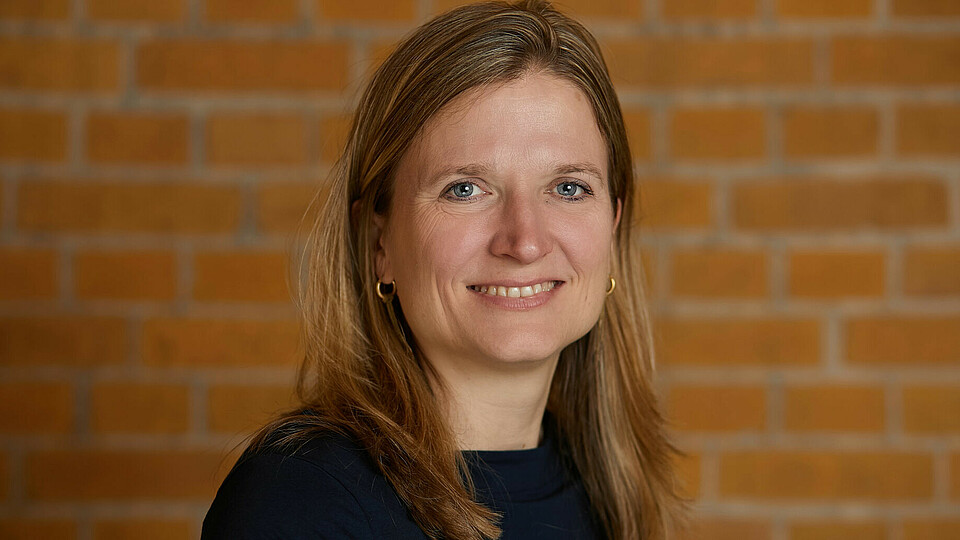
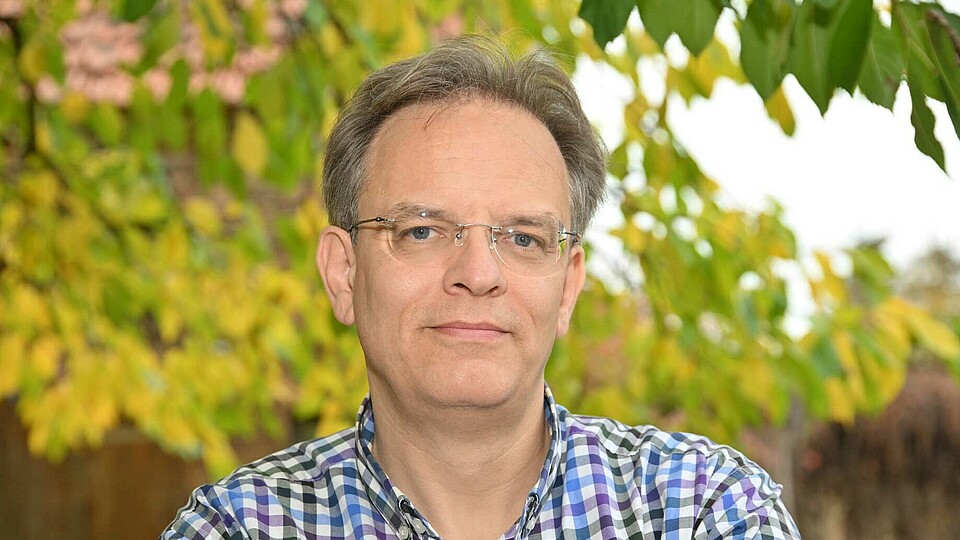
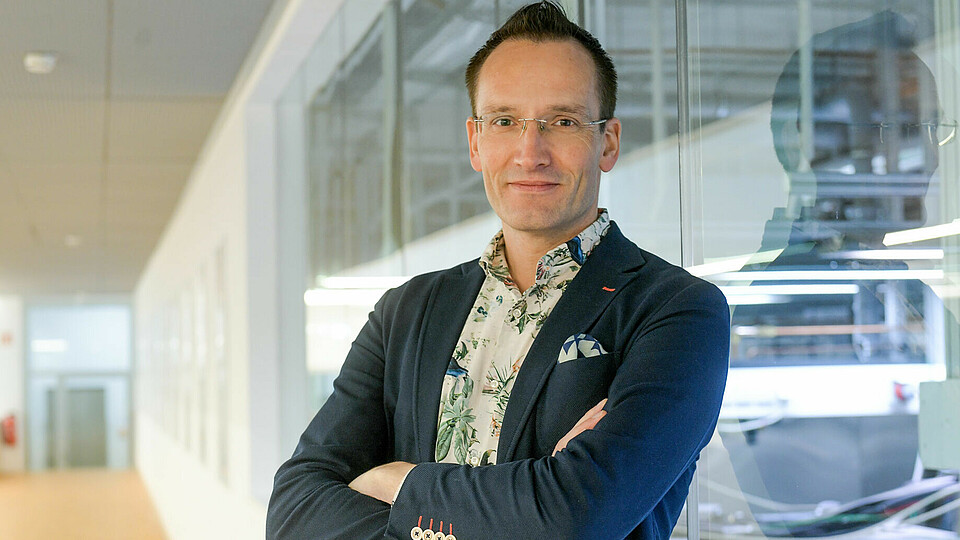
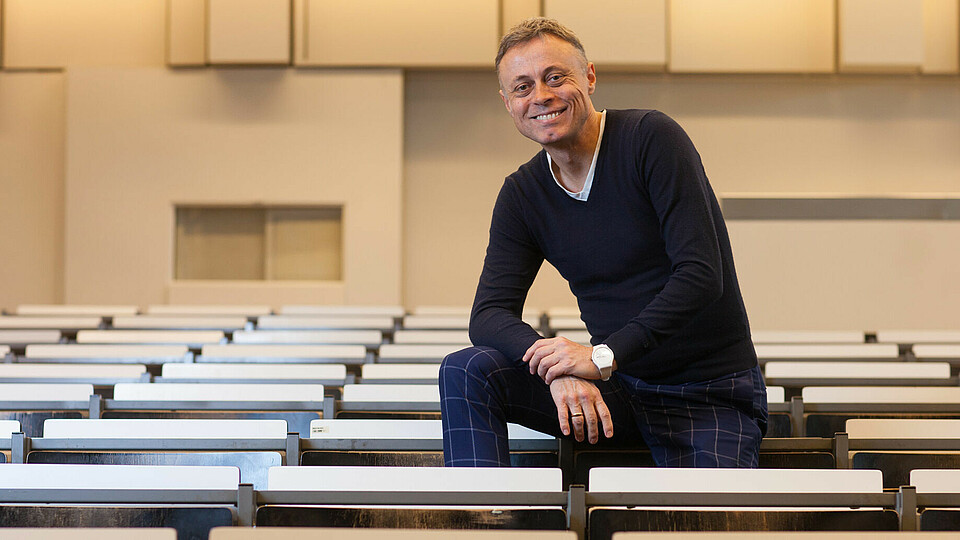
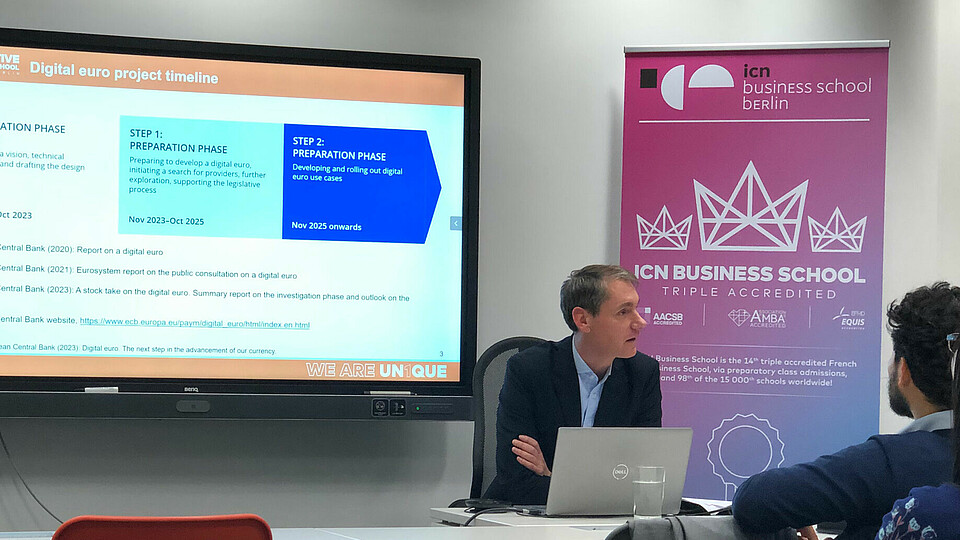
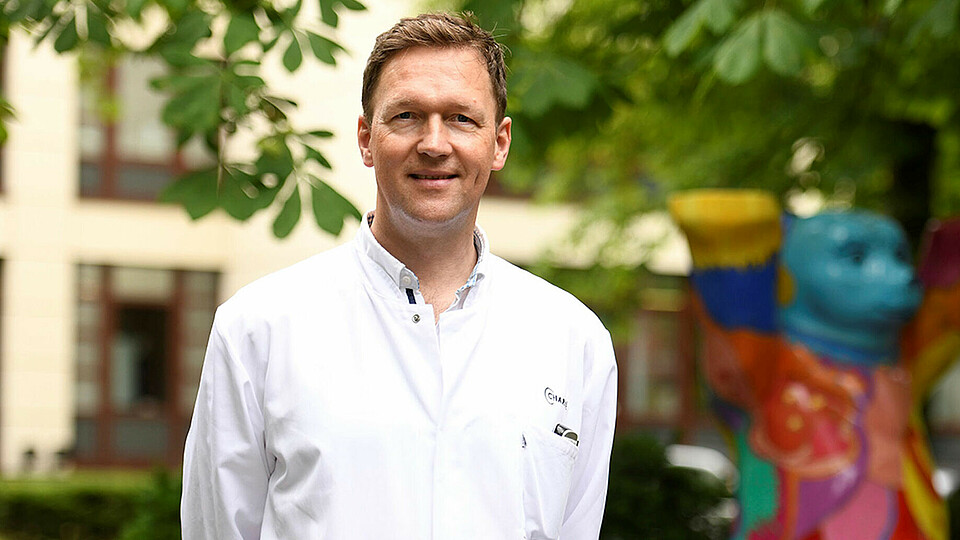
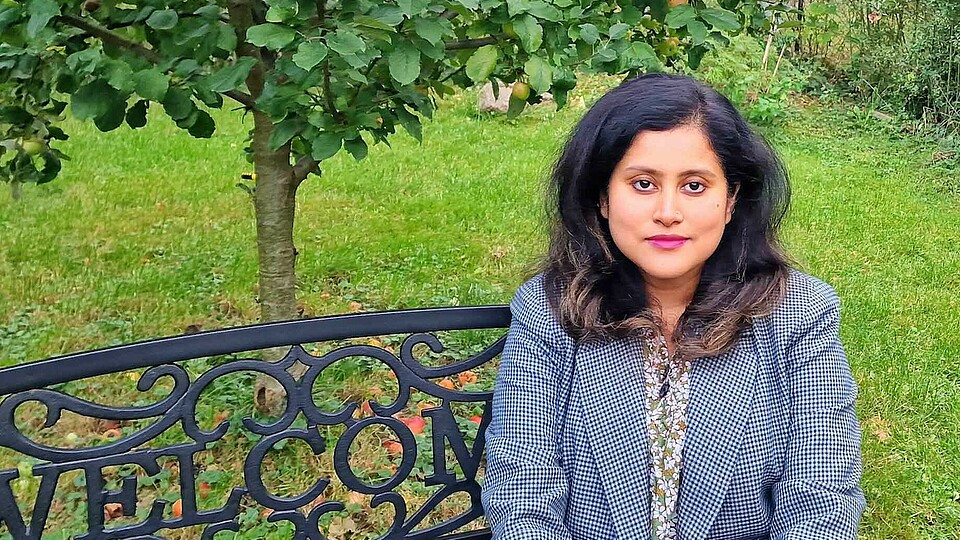
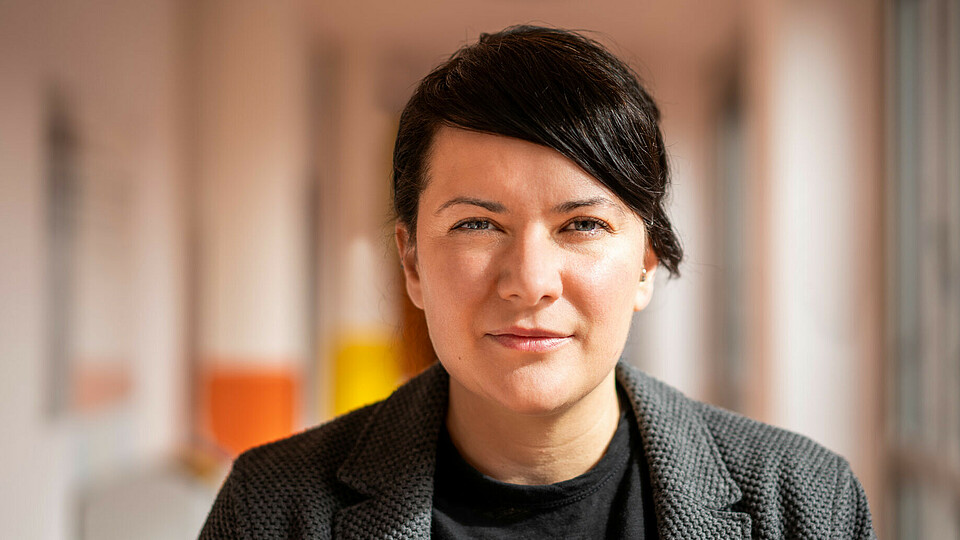
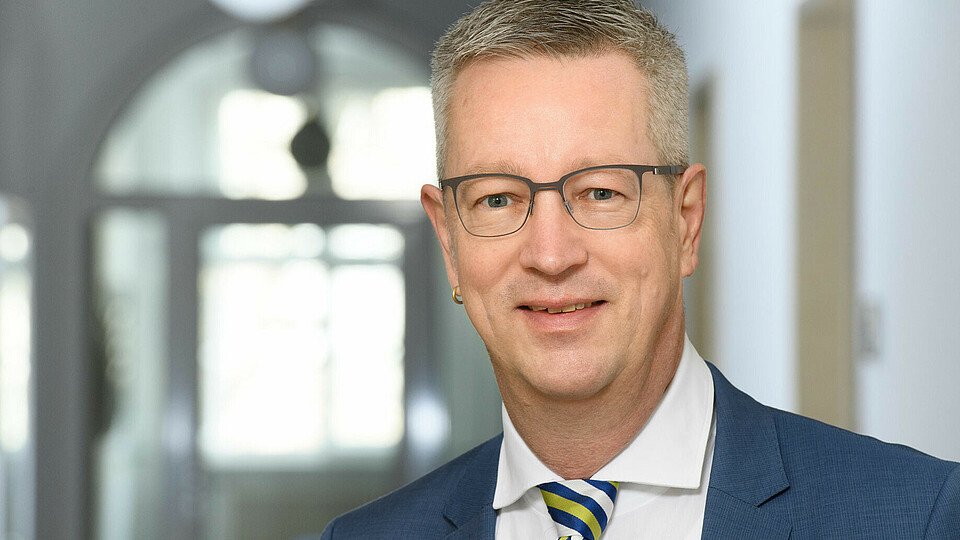
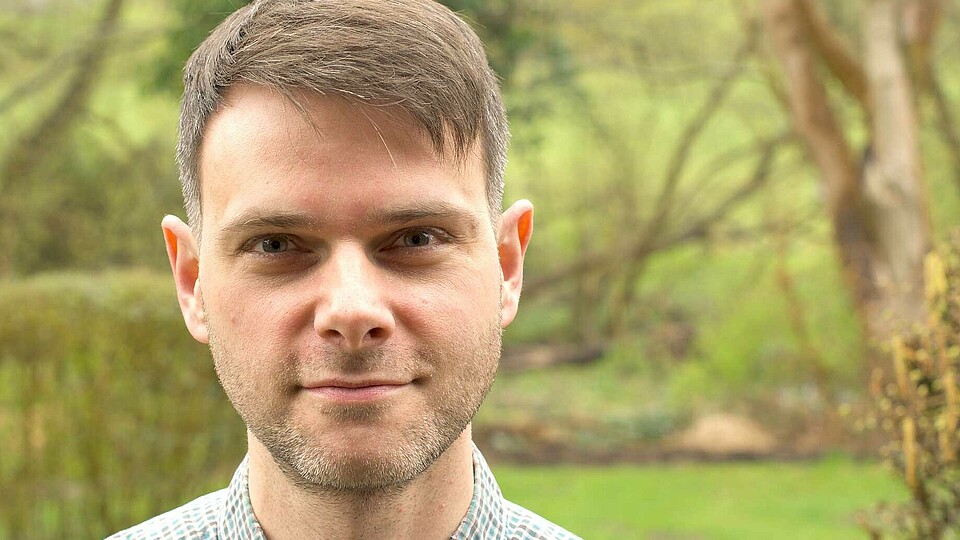
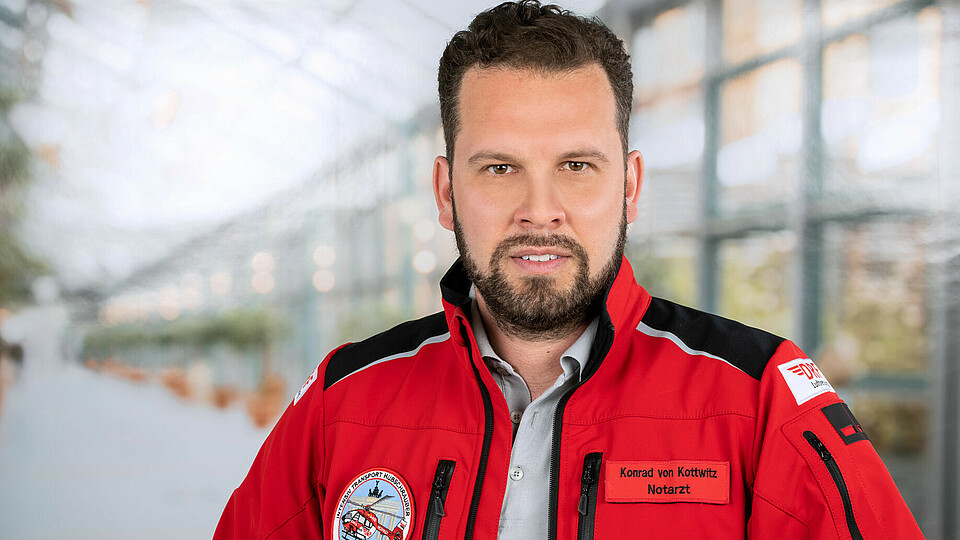
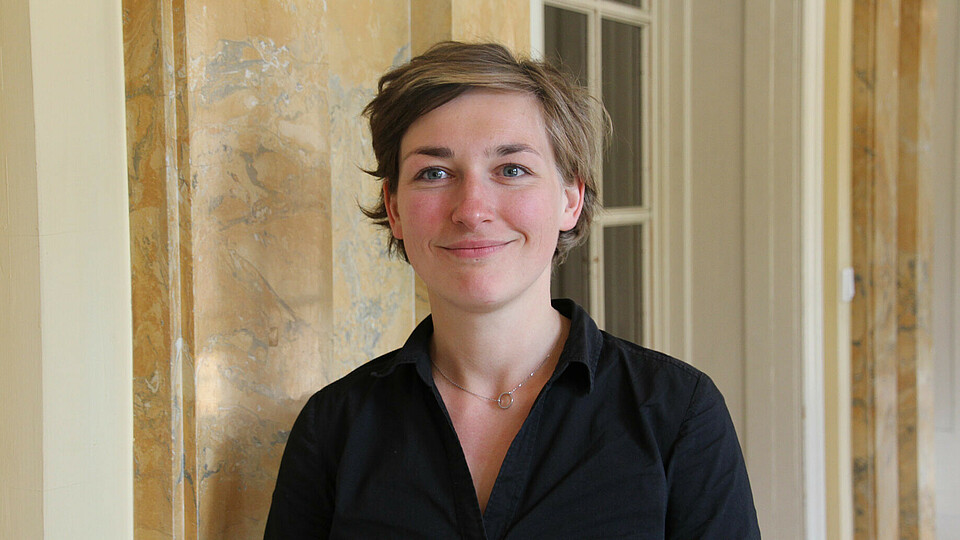
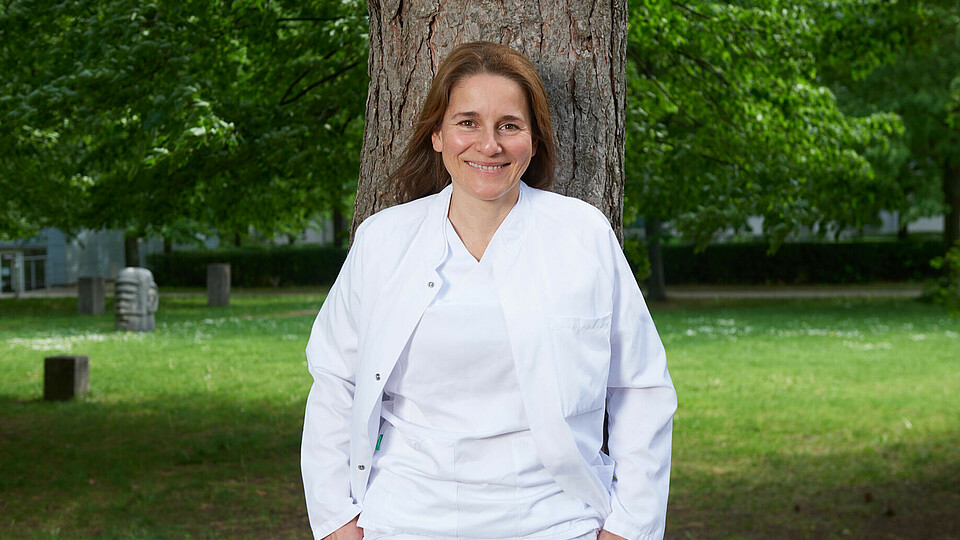
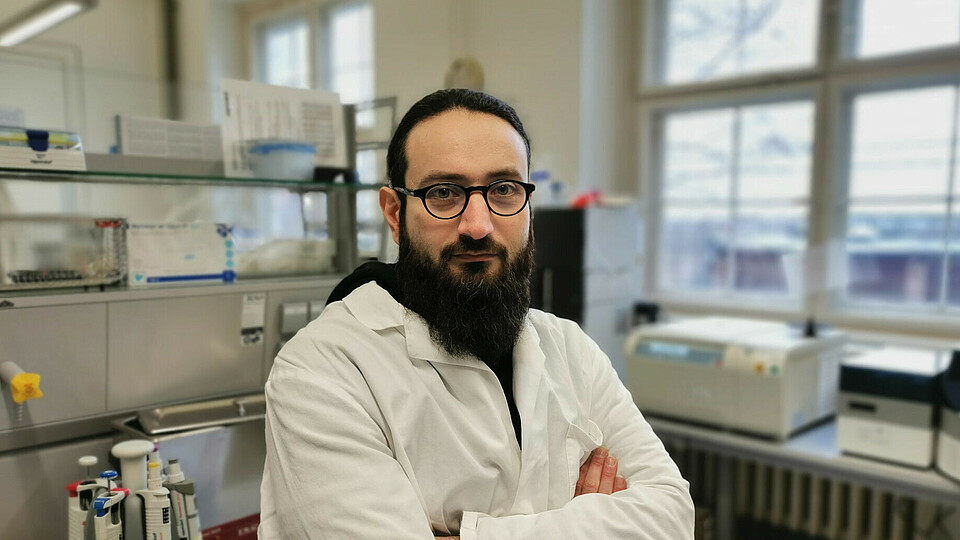
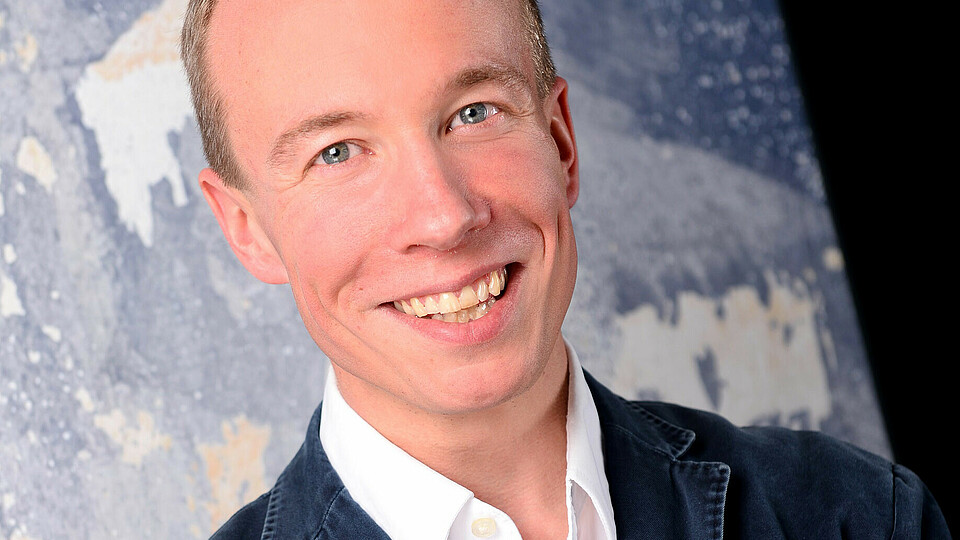
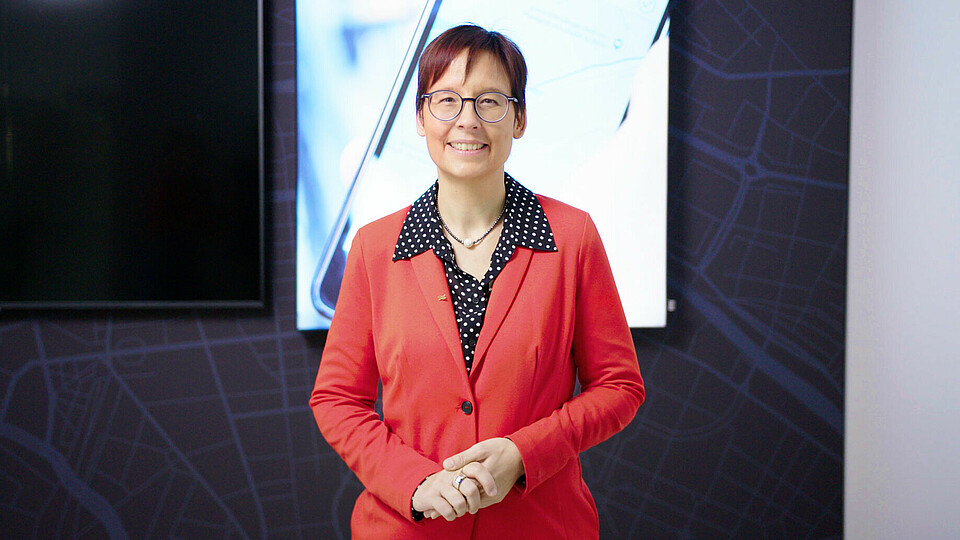
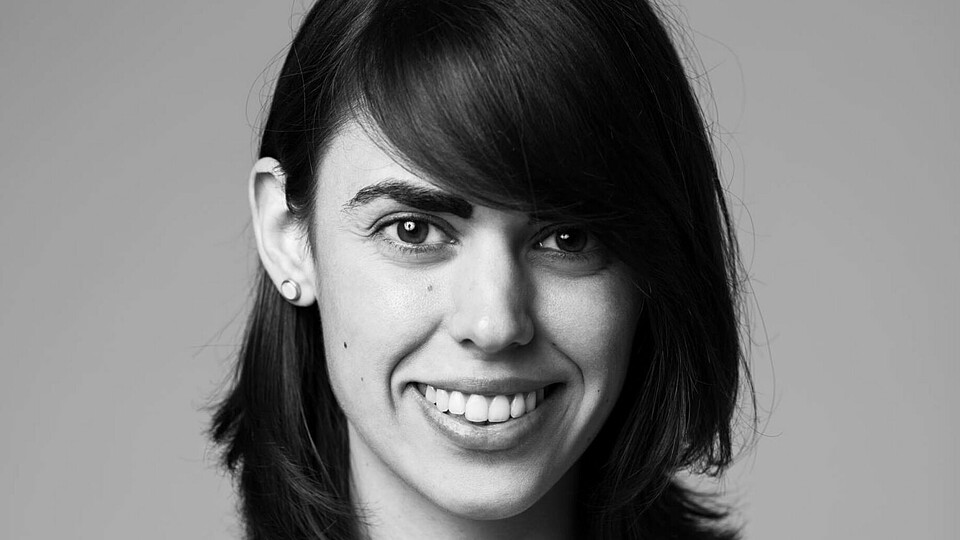
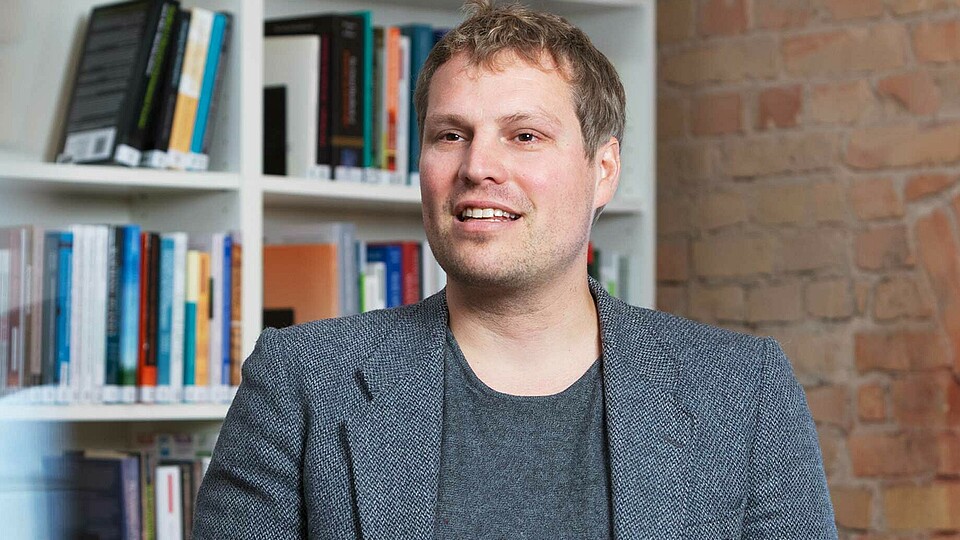
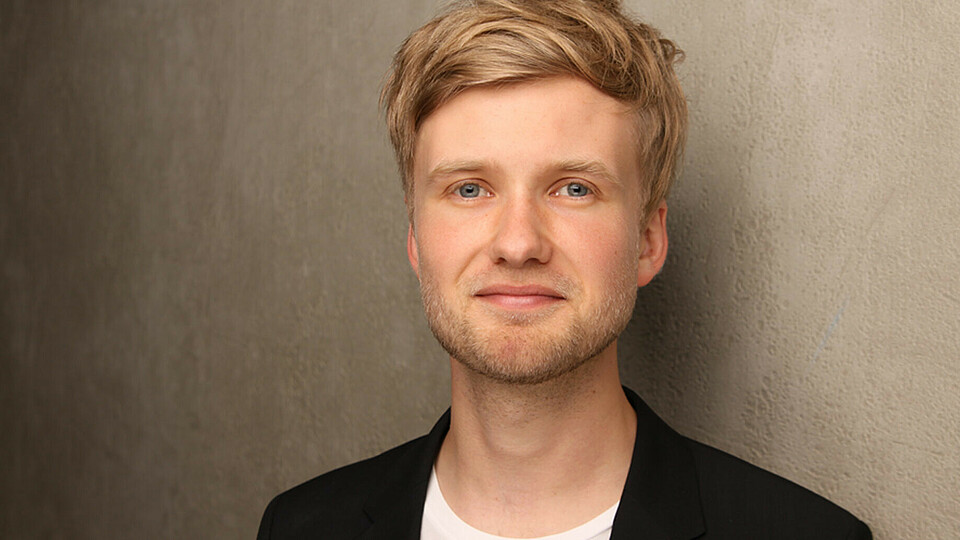
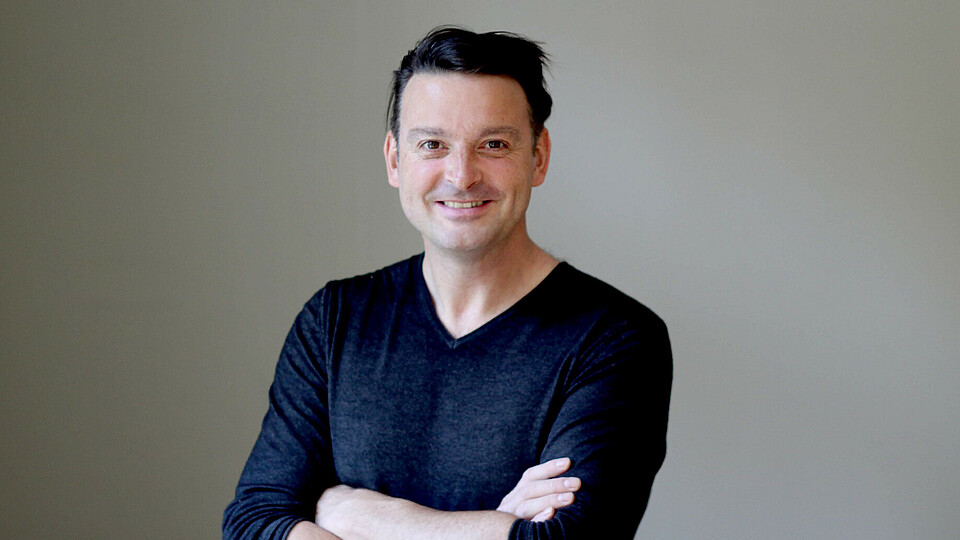
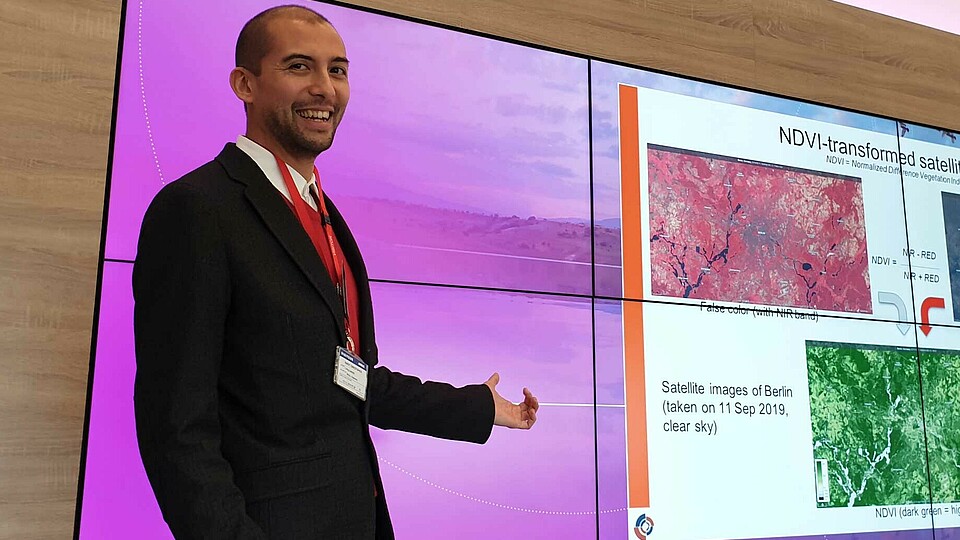
![[Translate to English:] [Translate to English:]](/fileadmin/_processed_/b/c/csm_Lang_Berlin-Partner_Philipp-Jester_683x384_31db623bc3.jpg)